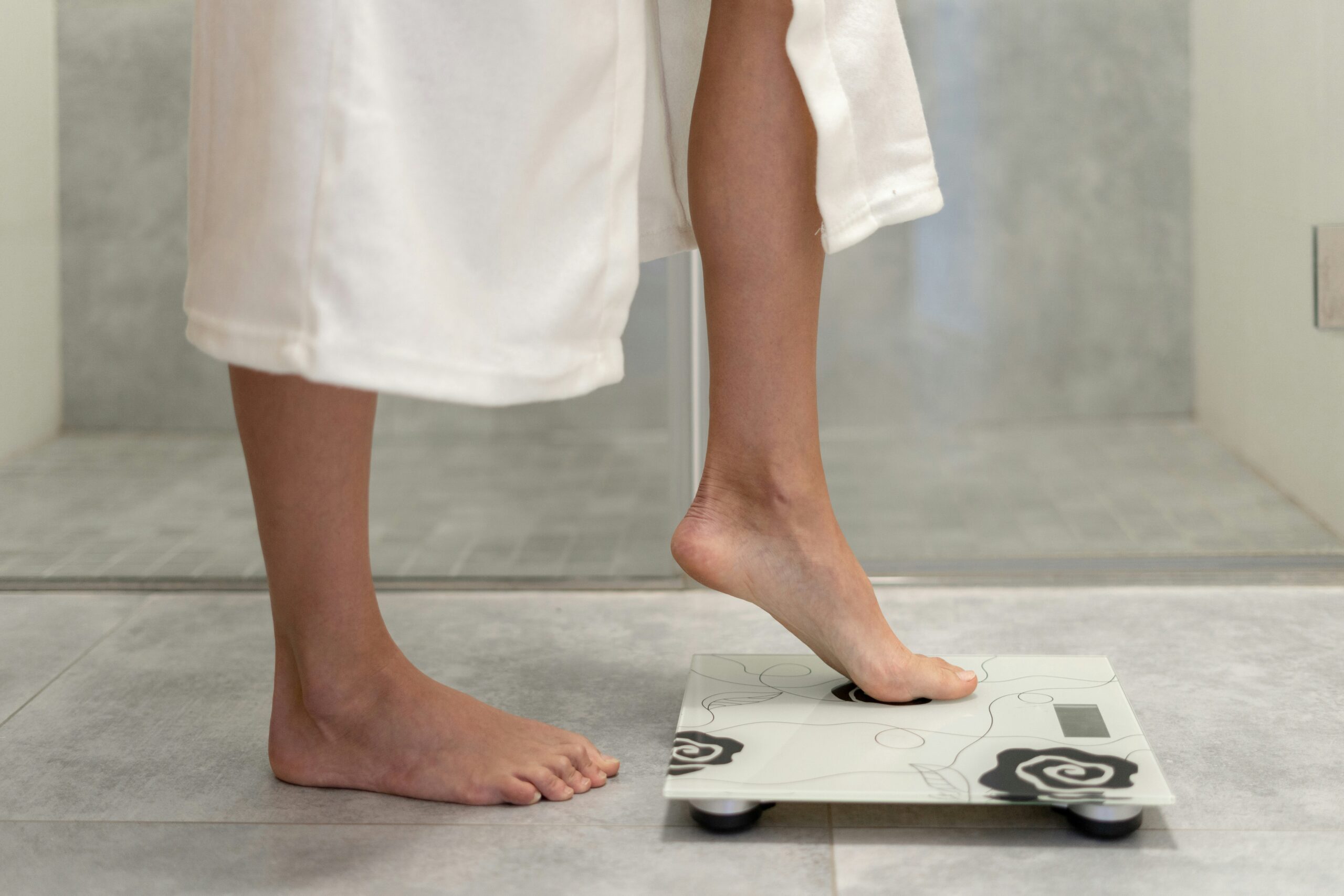Perimenopause is a natural transition in a woman’s life, typically beginning in the late 30s to early 50s, when the body starts to prepare for menopause. In this phase, women can experience a wide range of symptoms, many that can impact daily life. There are 34 recognized symptoms of perimenopause; hot flashes, night sweats, mood swings, and sleep disturbances are just a few of the challenges many women face during perimenopause. Luckily, there are several effective ways to manage these symptoms and make every day in perimenopause easier. Here are some doctor-recommended ways to find relief from perimenopause symptoms:
1. Consider Bioidentical Hormone Replacement Therapy (BHRT)
One of the most effective treatments for perimenopause symptoms is Bioidentical Hormone Replacement Therapy (BHRT). BHRT involves the use of hormones that are chemically identical to those your body naturally produces. By balancing hormones such as estrogen, progesterone, and testosterone with BHRT, you can experience relief from hot flashes, night sweats, and mood swings, and other symptoms. Many women find success with BHRT and view it as a life-changing solution during perimenopause.
2. Adopt a Healthy Diet
While a healthy diet is helpful for better health in general, it can also have a significant impact during perimenopause. Aim to incorporate nutrient-dense foods into every meal. Some nutrient-dense foods to consider are leafy greens, fruits, whole grains, and lean proteins: all of which can help regulate hormone levels and improve overall well-being. Foods rich in phytoestrogens, like soy and flax seeds, can also help balance estrogen levels naturally. Reducing your intake of caffeine, sugar, and alcohol can also minimize symptoms like hot flashes and sleep disturbances.
3. Exercise Regularly
Physical activity is a powerful tool in managing perimenopause symptoms. Regular exercise helps maintain a healthy weight, reduces stress, and boosts mood by releasing endorphins. Weight-bearing exercises, such as walking, jogging, or strength training, are particularly beneficial as they improve bone density, which can decline during perimenopause. Aim for at least 30 minutes of moderate exercise most days of the week to reap the full benefits. If you need a little extra help to ensure you’re exercising regularly, sign up for a workout class with a friend to keep you motivated and accountable.
4. Manage Stress
Stress can wreak more havoc on our lives and health than we would otherwise think, as it can exacerbate symptoms like mood swings, anxiety, and sleep problems. Find a relaxation routine that you can do daily, such as yoga, meditation, deep breathing exercises, reading, or simply having some time away from your phone and other distractions. These practices not only reduce stress but also promote better sleep and emotional well-being.
5. Prioritize Sleep
Between hot flashes and night sweats, sleep is something many women in perimenopause don’t get enough of. Creating a quiet and peaceful routine and atmosphere in your bedroom can help you wind down and improve sleep quality. This routine might include practices like taking a warm bath, reading a book, or practicing mindfulness before bed. Ensure your sleep environment is comfortable and conducive to rest by keeping the room cool, dark, and quiet.
6. Stay Hydrated
Your body needs to be hydrated to function properly. Dehydration can have a huge strain on your body in general, especially during perimenopause as it can intensify symptoms like hot flashes and fatigue. Drinking plenty of water throughout the day helps regulate body temperature and keeps you energized. Drinking at least eight glasses of water daily will give your body the support it needs to deal with symptoms better. You can also consider drinking herbal teas like chamomile or peppermint for hydration and calming effects.
7. Consult with a Healthcare Professional
If perimenopause symptoms are significantly impacting your quality of life, it’s important to consult with a healthcare professional. They can provide personalized advice and treatment options tailored to your specific needs. Whether it’s exploring BHRT, adjusting your diet, or finding the right supplements, a professional can guide you toward the best strategies for managing your symptoms.
8. Consider Supplements
If you aren’t taking supplements yet, it’s a good idea to talk with your doctor about which ones you can use to improve perimenopause symptoms. Nutrients like calcium and vitamin D are crucial for bone health, which is important to maintain during this phase, while magnesium can help with sleep and mood regulation. Herbal supplements like black cohosh and evening primrose oil are also popular choices for managing hot flashes and other symptoms. Before starting any new supplement regimen, talk to a healthcare professional to ensure everything is safe and effective for you.
9. Explore Acupuncture
Acupuncture is an ancient practice that involves inserting thin needles into specific points on the body to balance energy flow. Many women find that acupuncture helps reduce hot flashes, improve sleep, and alleviate anxiety associated with perimenopause. While research on acupuncture’s effectiveness is still ongoing, it remains a popular alternative therapy for managing perimenopause symptoms.
10. Join a Support Group
Connecting with other women who are going through similar experiences can help improve mental health during this time. Support groups provide a safe space to share your experiences, gain insights, and learn new coping strategies. Whether online or in person, joining a support group can help you know you’re not alone and empower you to take control of your perimenopause journey.
—
Perimenopause is a challenging time, but with the right strategies, you can find relief and enjoy life. Whether through BHRT, lifestyle changes, or alternative therapies, it’s important to find what works best for you. If you’re searching for a health expert to guide you through this phase, Evolve offers online perimenopause treatments and support. Speak with one of Evolve’s team members today by scheduling a free consultation or calling (800) 407-4117.






